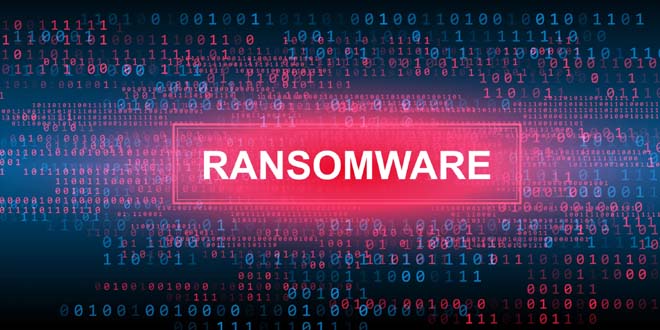Antivirus manufacturer Kaspersky inform that it has detected over 34,000 ransomware attacks targeting various organizations in Bangladesh from January to December 2023 in a press release.
Fedor Sinitsyn, Kaspersky’s lead malware analyst said, Several ransomware groups are still stealing data and encrypting it and demanding a ransom. This problem is increasing day by day; Because the people involved are more efficient than before.
By infosecbulletin
/ Wednesday , September 17 2025
A threat actor claims to have breached Link3, a major IT solutions and internet service provider based in Bangladesh. The...
Read More
By infosecbulletin
/ Wednesday , September 17 2025
Check point, a cyber security solutions provider hosts an event titled "securing the hyperconnected world in the AI era" at...
Read More
By infosecbulletin
/ Tuesday , September 16 2025
Cross-Site Scripting (XSS) is one of the oldest and most persistent vulnerabilities in modern applications. Despite being recognized for over...
Read More
By infosecbulletin
/ Monday , September 15 2025
Every day a lot of cyberattack happen around the world including ransomware, Malware attack, data breaches, website defacement and so...
Read More
By infosecbulletin
/ Monday , September 15 2025
A critical permission misconfiguration in the IBM QRadar Security Information and Event Management (SIEM) platform could allow local privileged users...
Read More
By infosecbulletin
/ Monday , September 15 2025
Australian banks are now using bots to combat scammers. These bots mimic potential victims to gather real-time information and drain...
Read More
By infosecbulletin
/ Saturday , September 13 2025
F5 plans to acquire CalypsoAI, which offers adaptive AI security solutions. CalypsoAI's technology will be added to F5's Application Delivery...
Read More
By infosecbulletin
/ Saturday , September 13 2025
The Villager framework, an AI-powered penetration testing tool, integrates Kali Linux tools with DeepSeek AI to automate cyber attack processes....
Read More
By infosecbulletin
/ Saturday , September 13 2025
Samsung released its monthly Android security updates, addressing a vulnerability exploited in zero-day attacks. CVE-2025-21043 (CVSS score: 8.8) is a...
Read More
By infosecbulletin
/ Saturday , September 13 2025
Albania has appointed the first AI-generated government minister to help eliminate corruption. Diella, the digital assistant meaning Sun, has been...
Read More
Yeo Siang Tiong, Kaspersky’s general manager for Southeast Asia, Bangladesh and Sri Lanka, said, ransomware attackers are targeting all types of organizations in Bangladesh. Although the number of such attacks is low, apart from the financial loss, the reputation of the organizations is damaged. And so organizations should use technologies capable of protecting against ransomware attacks.
Kaspersky experts recommend always using strong passwords and two-level authentication technology as well as regular software updates to stay safe from ransomware attacks.
Kaspersky lead malware analyst Fedor Sinitsyn said that the era of widespread mass attacks by encryptors on both individuals and businesses is gradually fading away.
“Instead, we are witnessing a shift towards organised groups that execute hacks involving data theft and encryption, commonly referred to as double extortion.”
“The rationale behind this evolution lies in the perpetrators’ ability to operate with greater efficiency,” he said.
 InfoSecBulletin Cybersecurity for mankind
InfoSecBulletin Cybersecurity for mankind














